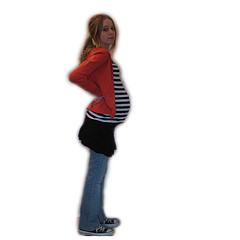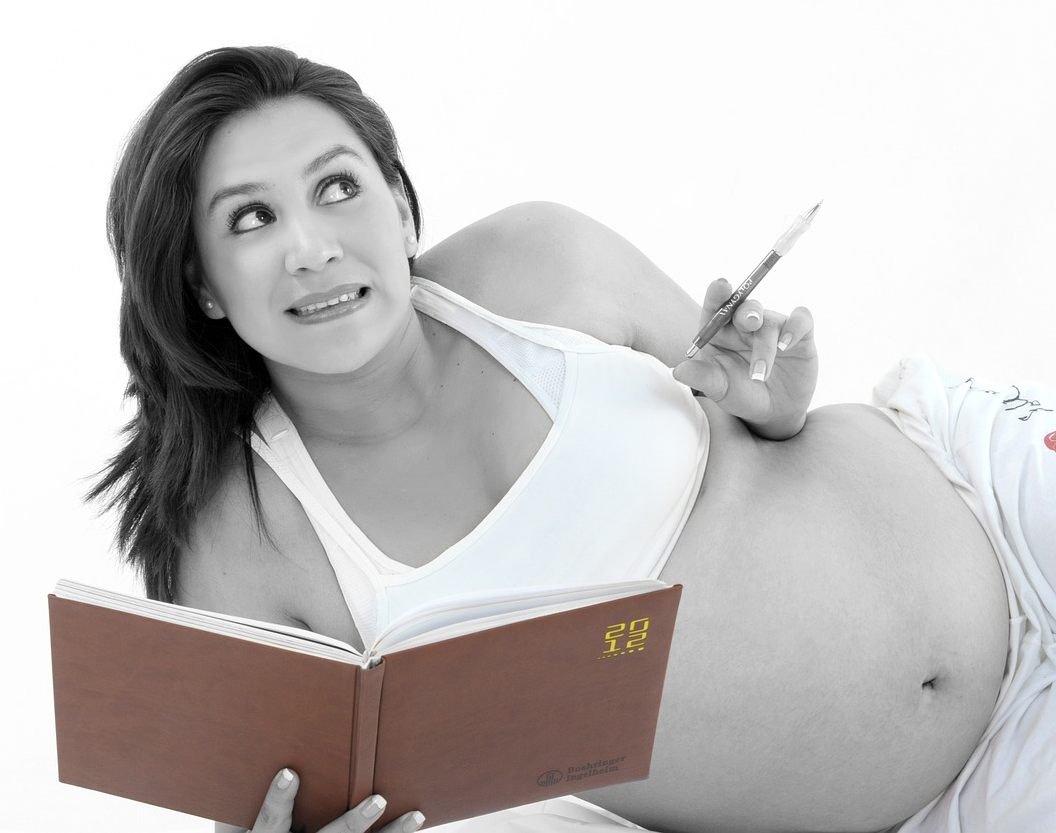Thanks to years of campaigning, endometriosis is a better known condition than it has ever been. This awareness is incredibly helpful. It assists women in obtaining a diagnosis, while also providing a platform for sufferers to share their experience. 
Nevertheless, when it comes to endometriosis, there’s still a lot of disinformation swirling about the topic. This – often outright incorrect – information is not helping matters, especially for women who are newly diagnosed and scared of what is happening to them.
It makes sense, then, to try and fight the rise of bad information regarding the condition. There is no doubt that endometriosis is difficult to live with, but there’s also a light at the end of the tunnel. Here are the most common inaccuracies often stated regarding endometriosis – and why for many women, they are 100% incorrect.
#1 – Endometriosis Means A Childless Life
If you have ever looked into reasons possible reasons that women can’t get pregnant, then endometriosis will have been mentioned as one of the suspects.
There’s good reason for that, of course. There’s no doubt that endometriosis impacts fertility. In fact, many women don’t even know they have the condition until it’s detected during fertility tests.
However, endometriosis is not the end of the line when it comes to having children. There are so many options available to women in the modern world. From IVF via egg donation through adoption, if a woman with endometriosis wants to have children, then nothing needs to hold her back.
#2 – Endometriosis Is Always Painful
To an extent, endometriosis is defined by its pain. Go onto any endometriosis forum and you will see endless talk about the pain the condition can cause. The pain is not only found around the abdominal area, but can spread through the hips and legs. It’s also not uncommon for women with endometriosis to suffer pain outside of their period.
However, pain is not a requirement for diagnosis. It’s possible for a woman to have nothing but the standard mild menstrual cramps, and still have a fairly severe case of endometriosis. The mysteries of the human body are to blame for this one. Some women will be in so much pain they can barely function; others will feel relatively little.

Understanding that the condition does not always present with pain is vital. Many doctors believe endometriosis causes pain, and will rule it out if you present without pain as a symptom. That’s how you get scenarios like the one outlined in the first point; when women don’t even know they have the condition until it’s found during fertility testing.
So if you have any of the other symptoms of endometriosis – such as skipped periods or excessive bloating during your period – then don’t rule endometriosis out. Importantly, don’t let your doctor rule it out either. You don’t need to be having to pop pills just to get through your period to have endometriosis.
#3 – Endometriosis Can Be Cured
This point is more a case of badly understood information than outright being incorrect.
Endometriosis can be treated and will respond well to treatment. The most common form of treatment – outside of standard pain medication – is laparoscopy. This a surgical procedure that removes the excess deposits of womb lining, bringing much relief to the sufferer.
However, it’s not a cure. Endometriosis is progressive; it’s not like you have the condition, then it’s removed, and everything is fine now. The womb lining will grow back and the same problems will return. There will usually be a grace period – which for some women can be up to a decade – before symptoms resume, but it’s most likely they will come back.
#4 – Endometriosis Can Be Dealt With By Going On Birth Control
It’s easy to see why this is a common belief. If periods are the problem, then women can just get rid of their periods by going on birth control: sorted!

Not quite. While the above perfect scenario can happen, it’s not guaranteed. As mentioned, many women with endometriosis experience pain and discomfort throughout the month – not just when they’re on their period. So while birth control can help, it’s not a fix in and of itself.
In Conclusion
The above is not an attempt to minimize the suffering of those with endometriosis. It is merely a fightback against the incorrect information that often floats around the internet. If you are newly diagnosed with endometriosis, hopefully you will find some reassurance in the reality of the condition.
If you suspect you have endometriosis, then speak to a doctor; there is plenty of help and good information out there to help you find the relief you need.



I like that you mention how endometriosis isn’t necessarily the “end of the line” for having kids. It makes sense that although it does impact fertility, the modern world offers things such as egg donation to help women who are dealing with the condition. This is something to mention to my sister because she’s having trouble having children and I’d like to ensure she knows why and what some of her options are.